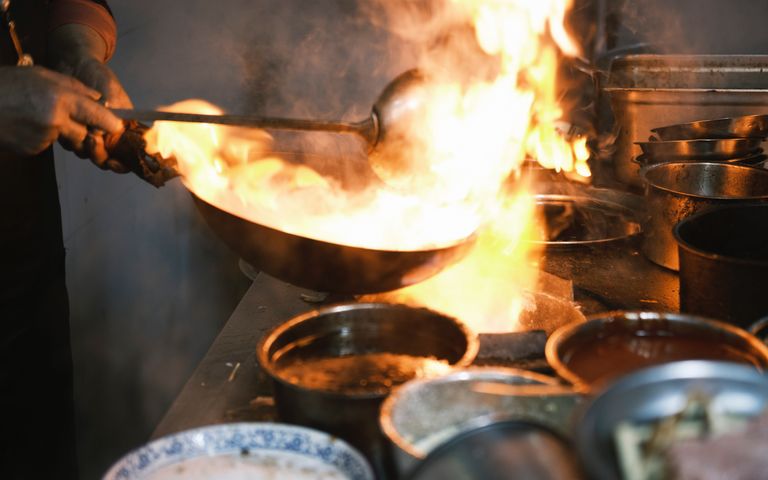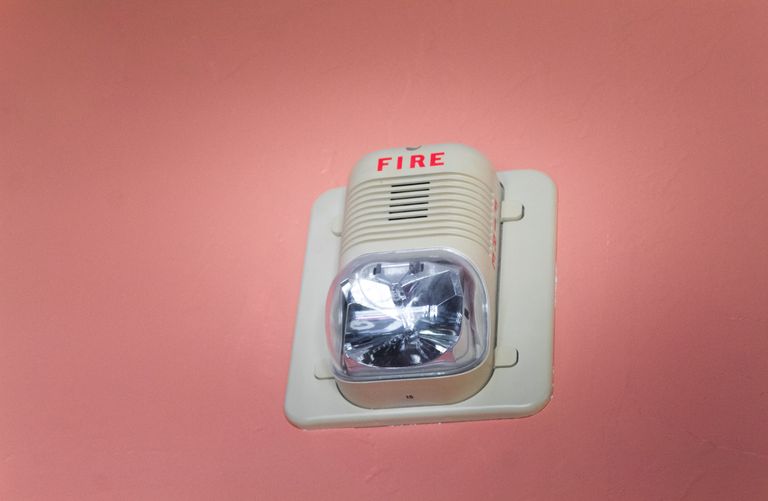
The most common kitchen stove is involved in most cooking fires, which are the leading cause of home fires and casualties.
Here's a small reminder for you if you're easily distracted, like some people are: unsupervised cooking is the main reason for kitchen fires. I'm guilty of this, I have to admit. Are you familiar with this? While preparing dinner, you dash out of the kitchen to complete a task that is either not important at all or might be. When you return to the kitchen after waiting for what was only meant to take a few seconds to finish cooking, you discover that it has already burned or boiled over.
Fortunately, no fires. This moment! Stay in the kitchen at all times while frying, boiling, grilling, or broiling to keep it secure. Simply switch off your stove or your gas if you must leave the kitchen to keep everyone safe. Additionally, make sure to check your food frequently whether you're baking, roasting, or cooking it. Use a timer to serve as a gentle reminder never to head out your house while food is cooking.
Take a kitchen tool with you when you must leave the kitchen to serve as reminder that that you've got something cooking and must return right away. Haha, some individuals might still be prone to forget.
Organizing and maintaining a clean cooking area
Things in our kitchen can sometimes easily catch fire if we're not paying attention. Paper towels, and napkins should all be stored far enough away from the stovetop to avoid any accidents. I've discovered that when I cook more systematically and clean as I go, I'm much less likely to allow these kinds of objects to go close to the stove top.
In the event you happen to have a cooking fire, be ready.
Things can occasionally happen even when we believe we are being safe. Keep a cover close by that will fit your pot or skillet in order to take a little more precaution while you're cooking. If a tiny fire does break out, douse the flames with the lid before extinguishing the burner. Until you are certain that the fire has died down and the pan or pot has totally cooled, keep it covered.
Candles are another thing. If you prefer using candles at home, there are additionally a few things you need to know to use it securely.
Never let candles burn unattended, and extinguish them altogether before leaving the room or going to bed.
Candles should not be used in bedrooms or other spaces where people might sleep. I've seen one of these play out, and it wasn't hilarious.
Candles should be kept at least 30 cm (1 foot) far from things that can catch fire.
Use candle holders that won't topple over easily and always position them on a stable, uncluttered surface.
Candles should be lit cautiously, keeping loose garments, hair, and sleeves away from the flame.
When there is a power outage, have flashlights and battery-operated lighting available. Never light a candle.

Also check the functionality of any smoke alarms you may have.
When did you last check your smoke alarms? Can't recall? You never know. Every month, you should dust off and test your home's smoke alarms. Replace the unit if necessary or change the batteries right away if they aren't functioning properly. Smoke alarms should be installed in your home on every story, especially in bedrooms and corridors.
Congratulations, your post has been curated by @r2cornell-curate. Also, find us on Discord
Felicitaciones, su publication ha sido votado por @r2cornell-curate. También, encuéntranos en Discord